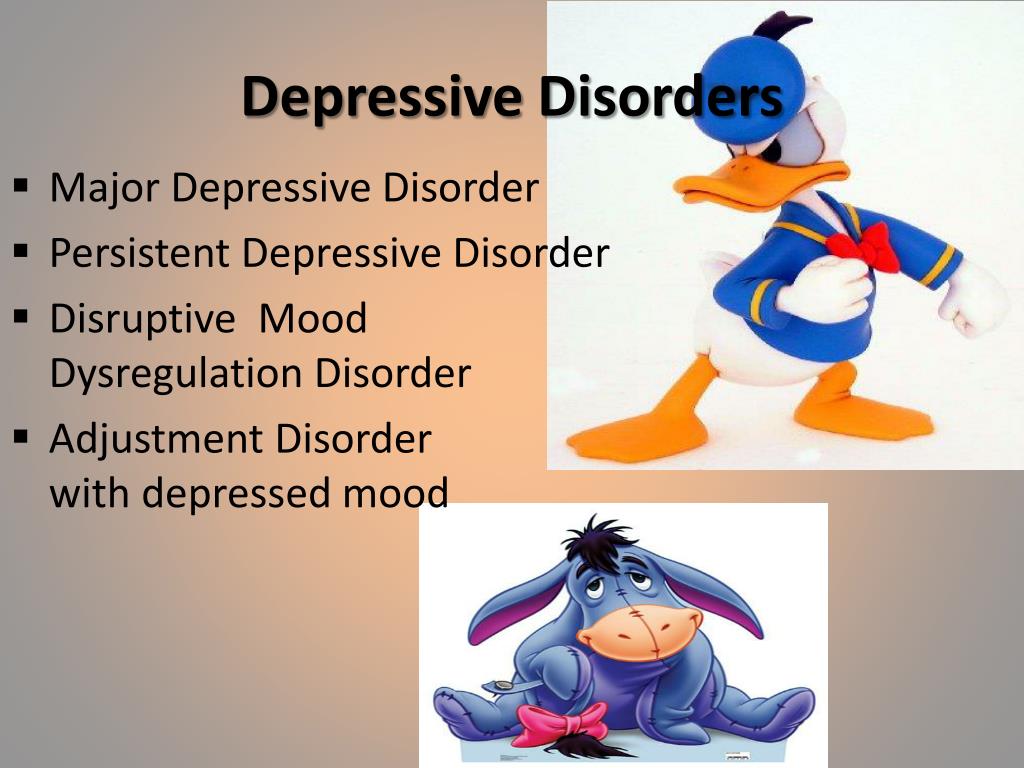
The obsessive-compulsive symptoms are not attributable to the physiological effects of a substance (e.g., a drug of abuse, a medication) or another medical condition.ĭ. The obsessions or compulsions are time-consuming (e.g., take more than 1 hour per day) or cause clinically significant distress or impairment in social, occupational, or other important areas of functioning.Ĭ. Note: Young children may not be able to articulate the aims of these behaviors or mental acts.ī. Repetitive behaviors (e.g., hand washing, ordering, checking) or mental acts (e.g., praying, counting, repeating words silently) that the individual feels driven to perform in response to an obsession or according to rules that must be applied rigidly.Ģ.The behaviors or mental acts are aimed at preventing or reducing anxiety or distress, or preventing some dreaded event or situation however, these behaviors or mental acts are not connected in a realistic way with what they are designed to neutralize or prevent, or are clearly excessive. Recurrent and persistent thoughts, urges, or impulses that are experienced, at some time during the disturbance, as intrusive and unwanted, and that in most individuals cause marked anxiety or distress.Ģ.The individual attempts to ignore or suppress such thoughts, urges, or images, or to neutralize them with some other thought or action (i.e., by performing a compulsion).ġ. Presence of obsessions, compulsions, or both:ġ. Although not all experts agree on the definitions and criteria set forth in the DSM-5, it is considered the “gold standard” by most mental health professionals in the United States.ĭSM-5 Diagnostic Criteria for Obsessive-Compulsive Disorder (300.3)Ī.



#Conduct disorder dsm 5 manual#
The DSM-5 ( Diagnostic and Statistical Manual of Mental Disorders, Fifth Edition) provides clinicians with official definitions of and criteria for diagnosing mental disorders and dysfunctions.


 0 kommentar(er)
0 kommentar(er)
